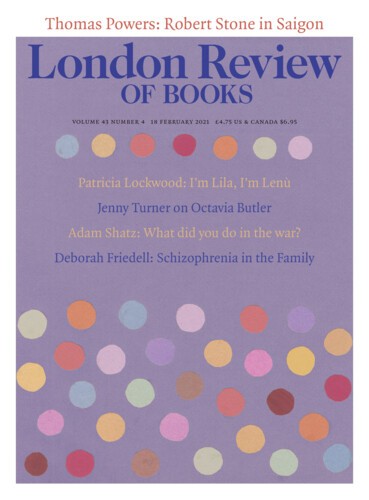Peter Dews
Peter Dews teaches philosophy at the University of Essex. Contentions, his book of essays on contemporary European thought, will appear from Verso next year.
Hue and Cry
13 May 1993
Agreeing what’s right
Peter Dews, 13 May 1993
On 9 November last year, the anniversary of Kristallnacht, the philosopher Manfred Frank was invited to give the principal address at the memorial service which is held annually in the Paulskirche in Frankfurt. The Paulskirche was the home of the first democratically elected German national assembly, which flourished briefly amidst the revolutions of 1848-9, and, in keeping with this setting, Frank refused to limit himself to a ‘retrospective ritual of mourning’. Rather, he used the occasion to consider contemporary events in Germany, in particular the rise of a violently xenophobic right-wing element, whose activities claimed 17 lives in 1992, and the reaction of the established political parties to it. Central to this reaction has been the attempt to limit the right of political asylum enshrined in Article 16 of the Grundgesetz, the German constitution. The provisional agreement reached between the main political parties on 6 December 1992 foresees abolishing this right for applicants arriving from an EC country or from any ‘safe third country’ deemed to have satisfactory asylum procedures of its own. Since Poland and the Czech Republic fall into this category, these measures will effectively cut off the flow of applicants, the vast majority of whom reach Germany by land.
Read anywhere with the London Review of Books app, available now from the App Store for Apple devices, Google Play for Android devices and Amazon for your Kindle Fire.
Sign up to our newsletter
For highlights from the latest issue, our archive and the blog, as well as news, events and exclusive promotions.


